Published
1 year agoon
By
Ugdiplomat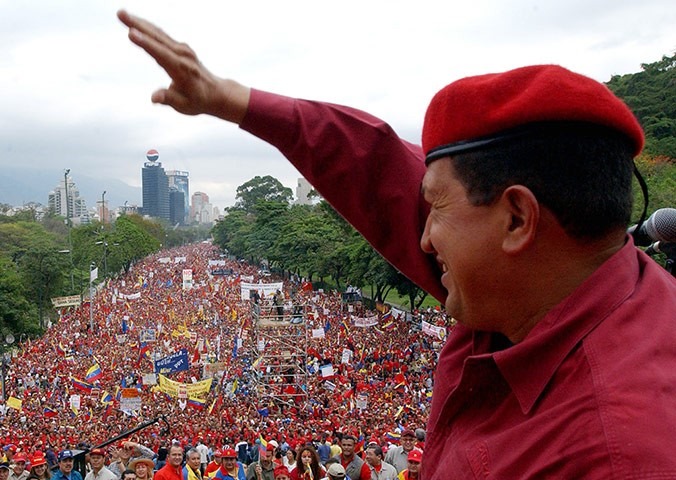
Historic Achievements of the Bolivarian Revolution
On 2nd February, Venezuela commemorates 25 years since the inception of the Bolivarian Revolution, a transformative journey initiated by Commander Hugo Chávez in 1999. This revolutionary movement has steered the nation towards independence, social resurgence, and equity, despite facing numerous challenges and adversaries. The Bolivarian Revolution, rooted in the ideals of Simón Bolívar and championed by Chávez, remains a beacon of hope for those worldwide striving to eliminate injustice and foster peace.
Chávez’s Vision and Popular Protagonism
Commander Chávez, a pivotal figure in this revolution, dedicated himself to reshaping Venezuela’s destiny since his ascent on February 4, 1992. Recognized as a genuine leader, Chávez inspired a sense of identity and purpose in the people, leading to the drafting and approval of the new Constitution in 1999.
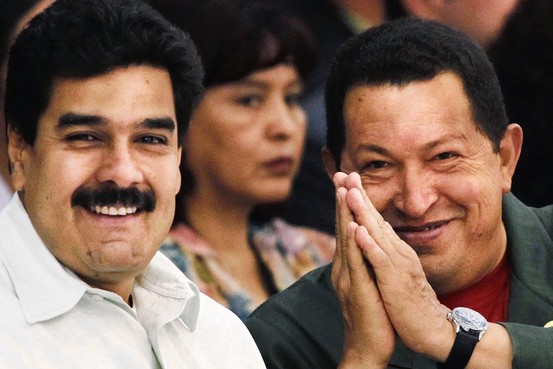
Chavez (R) and current President Nicolas Maduro
This marked the activation of the original constituent power, paving the way for a historic transformation focused on popular sovereignty, independence, and social justice.
Social and Economic Achievements
Under Chávez’s leadership, the Bolivarian Revolution achieved notable advancements in education, health, and social benefits for workers. The “Misiones Bolivarianas” programs, initiated in 1999, addressed fundamental areas, including health, education, and housing. Notable successes include “Misión Barrio Adentro,” which saved millions of lives through preventive medicine, and educational initiatives like “Misión Robinson” and “Misión Ribas,” benefiting millions of students.
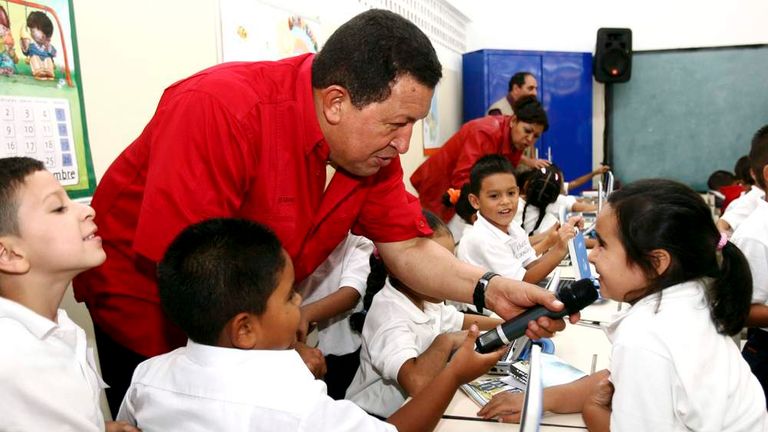
Under Chávez’s leadership, the Bolivarian Revolution achieved notable advancements in education, health, and social benefits for workers.
The emphasis on social investment is evident, with nearly three-thirds of the National Budget allocated to these programs since 1999. The commitment to housing as a human right has tripled the number of homes built in less than two decades, reaching 4.8 million homes in December, with a goal of five million in the near future. Additionally, over five million people have received pensions, a stark contrast to the pre-revolution era.
Venezuela in Global Geopolitics
Venezuela’s geopolitical stance has undergone a profound shift from subordination to hegemonic powers to a leadership role in constructing a multicentric and pluripolar world. Initiatives like UNASUR, CELAC, ALBA-TCP, and Petrocaribe highlight Venezuela’s commitment to a new political and economic integration based on the well-being of its people.
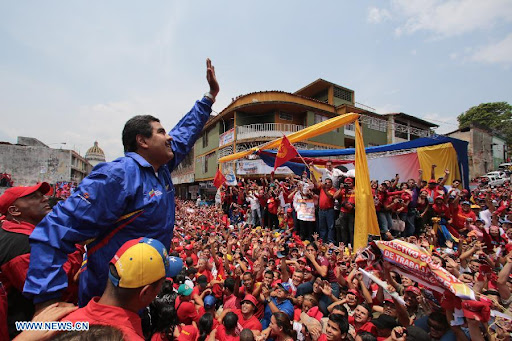
President Nicolas Maduro waves at a crowd
Resistance Against Multiform War
Facing a multiform war since 2014, Venezuela has displayed heroic resistance against economic and financial asphyxiation. Despite a 99% reduction in income due to sanctions, the nation led Latin America in economic growth in 2023 (4.5%) and is projected to continue this trend in 2024, according to the Economic Commission for Latin America and the Caribbean (ECLAC).
Challenges and Future Transformations
President Nicolás Maduro, continuing the revolutionary course laid by Commander Chavez, outlined seven essential transformations for the nation’s well-being. These include; a complete economic-productive model transformation, updating Bolivarian doctrine, enhancing peace and citizen security, recovering the welfare state, promoting democracy and politics, addressing ecological concerns, and furthering Venezuela’s role in global geopolitics.
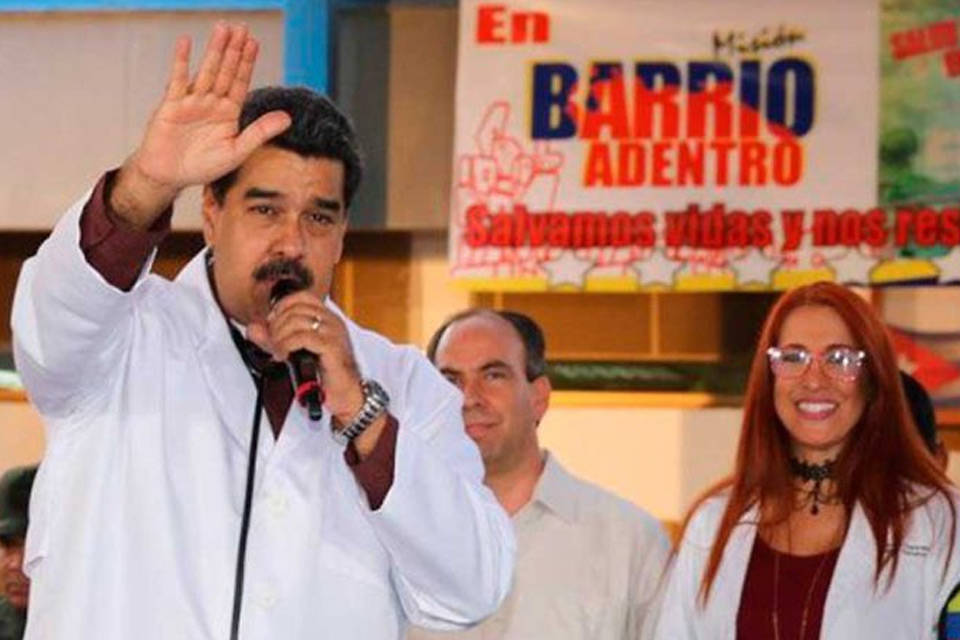
The Bolivarian Revolution under Maduro remains steadfast in its pursuit of definitive independence, democracy, economic development, peace, and full sovereignty
The Bolivarian Revolution remains steadfast in its pursuit of definitive independence, democracy, economic development, peace, and full sovereignty, embodying Simón Bolívar’s vision of a government that maximizes happiness, social security, and political stability.
Bolivarian Diplomacy of Peace
Venezuela’s engagement with the world through Bolivarian Diplomacy of Peace, based on mutual respect, cooperation, and solidarity, reflects its commitment to a pluripolar world. Championed by Chávez and continued by President Maduro, this diplomatic approach aims to unite peoples, promote a multicentric world, and defend self-determination against hegemonic impositions.
Despite a global campaign against Venezuela, including economic sanctions by the west, the nation maintains its own voice and builds its path toward social peace, economic recovery, and strengthened democracy. President Maduro emphasizes the importance of unity and mobilization of societies for a peaceful multipolar world, countering the new colonialism and achieving balance against imperialism. In Uganda, the Bolivarian Revolution is expanding its footprint with the establishment of a diplomatic mission.
Last month, Ambassador Fatima Fernandes presented copies of her credentials to Uganda’s Minister of Foreign Affairs, Gen Jeje Odongo as the Latin American country moves to strengthen ties with Uganda.
This makes it the 19th embassy in Africa. Commander Hugo Chavez was known for his affection to Africa.
“I say this from the depths of my consciousness that the people of South America and Africa is one single people,” he once said.
Chávez with African ancestry, during his presidency, indeed demonstrated a commitment to fostering global solidarity and unity, particularly with the nations of Africa. His diplomatic tours to Africa were groundbreaking, marking a departure from traditional foreign policy norms. Chávez aimed to strengthen ties with African nations, emphasizing shared goals of independence, anti-imperialism, and social justice.
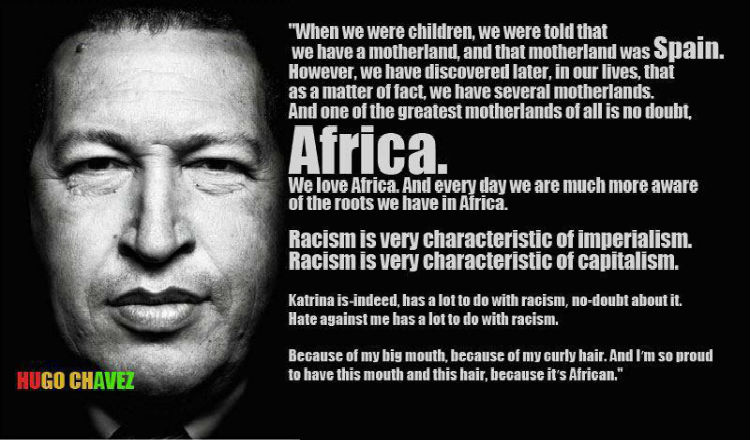
Chávez’s approach to international relations, as exemplified by his engagement with Africa
One significant aspect of Chávez’s outreach was the establishment of new embassies in several African countries, including Mali, Angola, Benin, and Burkina Faso. This move underscored Venezuela’s commitment to expanding its diplomatic presence in Africa and building stronger diplomatic and economic relationships.
Chávez’s diplomatic engagement with Africa went beyond symbolic gestures. It included collaborative efforts in various areas, such as energy, trade, and social development. By opening embassies and engaging in diplomatic tours, Chávez sought to create a platform for mutual cooperation and solidarity between Venezuela and African nations.
As Venezuela faces its challenges, the Bolivarian Revolution stands as a testament to resilience, determination, and the pursuit of a just and equitable society.
